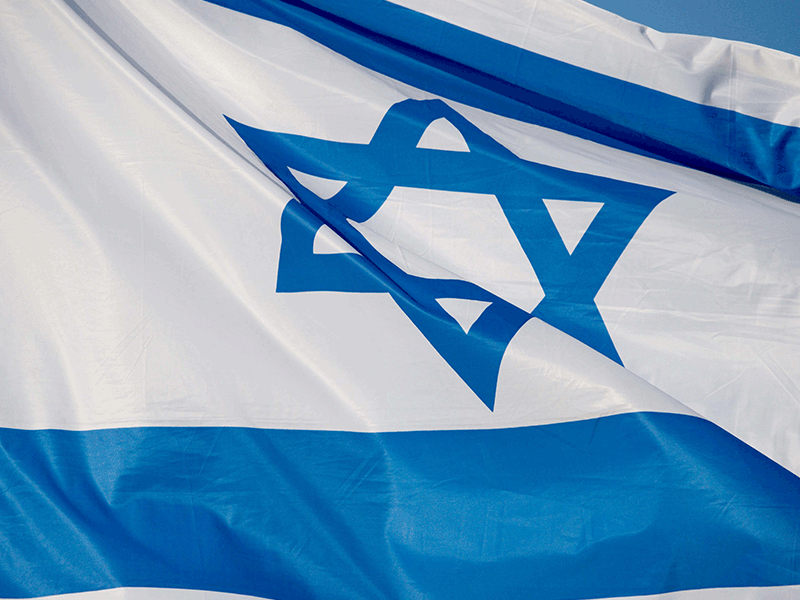Everybody’s grumbling about the upcoming Israeli election on April 9 – and there’s a lot to grumble about. But if you love Israel, and you love democracy, you’ve gotta love the campaign. It celebrates Israeliness in all its prickly, parochial, patriotic particularity. And it salutes the only place in the Middle East where people can criticize aggressively, vote freely and wake up on election day not completely sure of the outcome.
But first, let’s complain. Indeed, Benjamin Netanyahu has reached new lows in his desperate attempt to remain prime minister. Those of us who work hard to defend Israeli democracy – and delight in it – have every right, wherever we live, to complain about a prime minister who crossed a clear red line to woo bigoted Kahanist support. And the alternative, the Blue and White alliance, led by Benny Gantz and Yair Lapid, has been wavering, seemingly unable to decide what it stands for, other than against Netanyahu.
But Israelis are getting what they want – a robust debate and the choice of continuing with Netanyahu, or charting a new course.
I won’t predict the results of the election, but I will predict that it will be a peaceful process. Arab women in hijabs will vote freely – unlike everywhere else in the Middle East. Ultra-Orthodox Jews will vote, exercising their democratic rights and demonstrating their own savviness at a modern political game. And there will be a much higher turnout than in North America – in 2015, 71.8 per cent of Israelis voted, compared to 58.8 per cent in Canada and 61.4 per cent in the 2016 presidential election in the United States.
As the election commercials start being released, be sure to watch them online. Israeli political commercials are often sassy, snappy and not politically correct. Israel’s political culture is much more vibrant, dynamic and edgy than most democracies’ today. Recently, when Netanyahu squabbled with the Polish prime minister over the role Poles played in the Nazi slaughter, two radio DJs discussed the day’s headlines. “Hmm, those Poles are pretty unenthusiastic whenever we talk about the Holocaust,” one said. The other snapped back: “Well, we Jews were pretty unenthusiastic when we experienced the Holocaust.”
I laughed. No one else seemed to notice. I read of no complaints, no hue and cry. It’s not that Israelis are insensitive to the horrors of the Holocaust – the country comes to a full stop when the sirens wail on Yom ha-Shoah. Rather, it’s a small society with high doses of chutzpah, but equally high doses of trust. Both announcers, and their audience, knew that the Holocaust happened, it targeted the Jews and it was evil. Everyone listening in trusted the other to be able to sift out silly repartee from serious assaults or deep anti-Semitism. It’s one of many advantages of living in our small Jewish state.
During the last election, headlines blared about Netanyahu’s reprehensible Arab-baiting on election day. It was unconscionable and unforgivable. But equally unconscionable and unforgivable was the speed with which Israel was labelled “racist” as a result. First, Netanyahu’s a demagogue who has no compunction about baiting his enemies. The term “racism,” however, implies biologically based hatred. Netanyahu has his flaws, but that’s not one of them.
Moreover, not one major media outlet I could find covered the real story of the 2015 election campaign, which proves just how democratic Israel is: the man in charge of Israel’s electoral commission was Arab-Israeli Supreme Court Justice Salim Joubran. In Israel, this milestone was overlooked because it’s increasingly normal to see Arabs in important roles. Abroad, it was overlooked because such news would normalize Israel – and that detracts from the mass media pile-on against it.
READ: TROY: CANADA’S SUPERHUMAN SUPERHERO FOR HUMAN RIGHTS
So watch the elections. See behind the headlines. And toast the rambunctious robustness of the Middle East’s only functional democracy.
